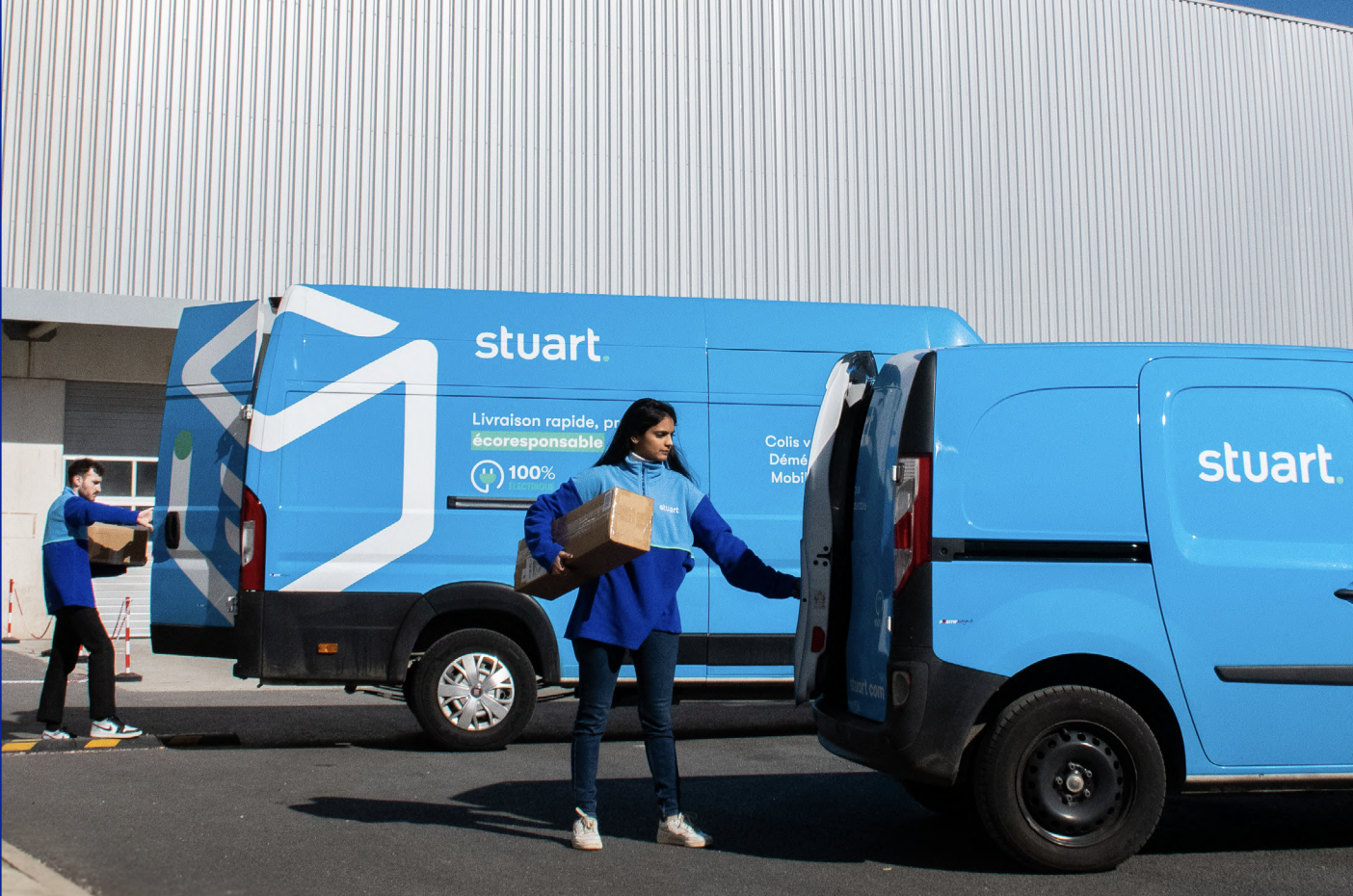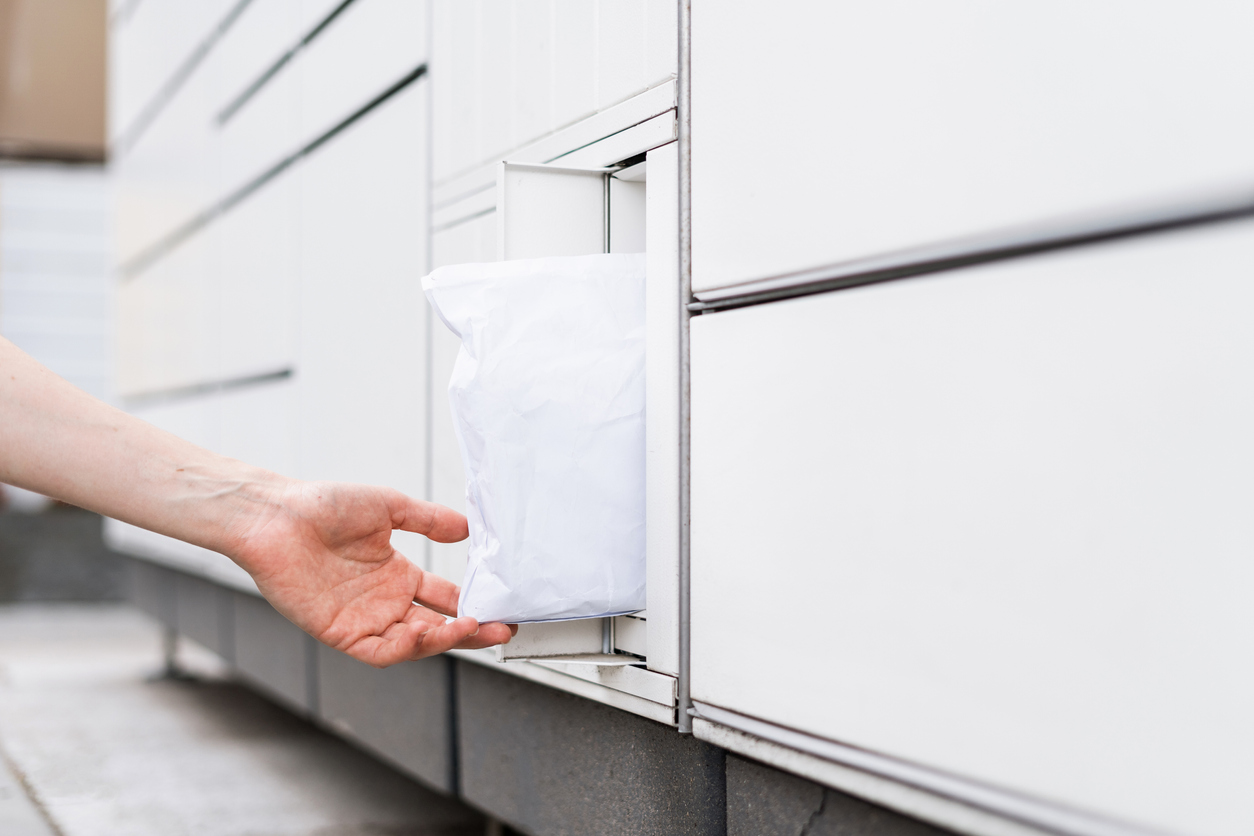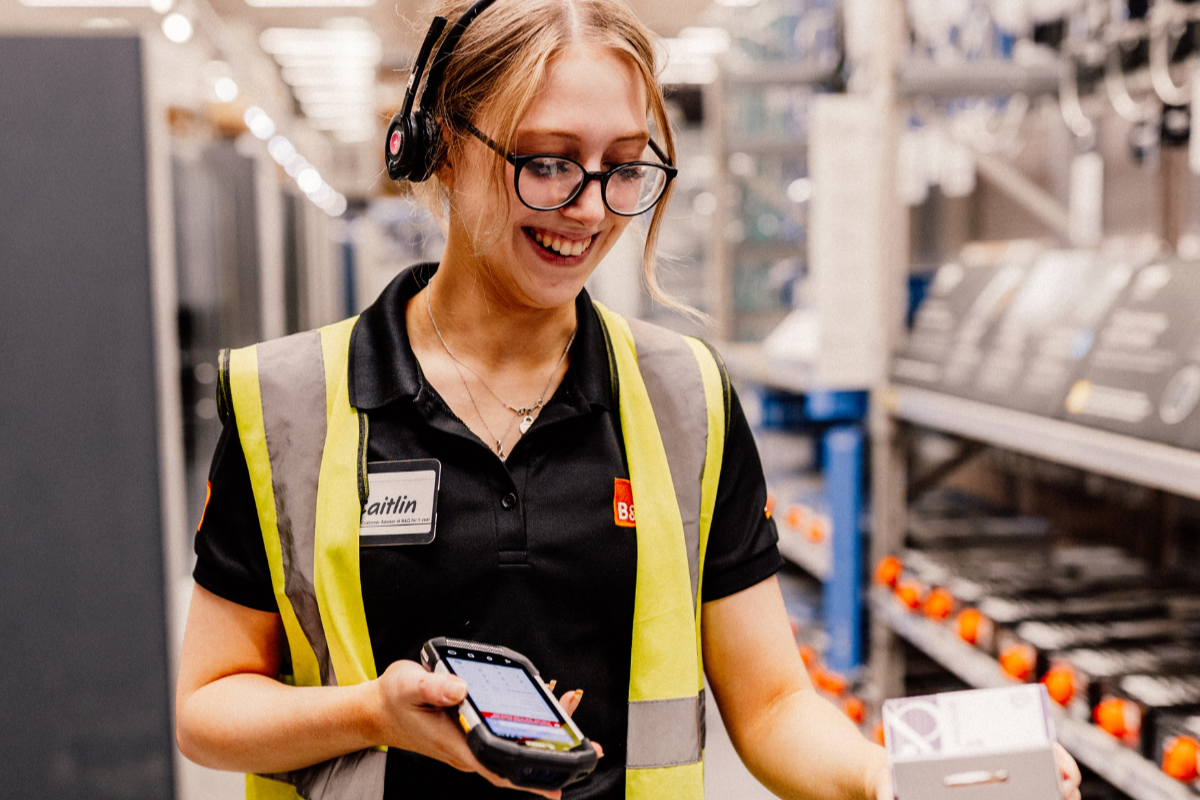Tesco’s chief executive Dave Lewis this week said the supermarket had to find a way to deal with the fast growing challenge of digital retailing. At its heart, he told the CBI’s annual conference, was the question of profitability.
“As a business, we expect continued growth,” he said. “The challenge for us is how to make our online business of tomorrow as profitable as our offline business yesterday.”
He said that physical retailing contributed more taxes – including business rates – than digital retailing, which had “no real community footprint, far fewer employees and a far lower tax contribution” and also encouraged retailers to move towards having less infrastructure and low employment. That, he said, should be a dilemma for the Exchequer as well. “Without rebalancing to reflect digital business models, the physical side of retail pays a higher and higher proportion of the total tax bill.”
At the same time, he said, the supermarket is facing up to changing shopper behaviour, which has affected profitability and growth. Not only, he said, are customers now shopping from “limited range” retailers – the Aldi and Lidls of the world – but post-recession shoppers were now buying smaller baskets of food on convenience shopping trips. The convenience channel has grown by 5% this year, he said, and the results can be seen in Tesco’s stores of all sizes: 76% of Tesco “convenience shopping trips” take place in its larger Extra or Superstore outlets.
“I don’t see this as a challenge per se,” said Lewis. “I see it as a shift in what customers want or need, and it’s our job to respond. What I do see as a challenge is that whilst the customer was heading in one direction the industry was heading in the other… between 2007 and 2014 it added about 35m sq ft. The market didn’t grow. Inevitably it couldn’t go on and in January this year we called a halt.”
Lewis said that at a time of food price deflation and falling profitability, business rates were rising – and causing shops to close as a result. Tesco’s own business rates bill, he said, was up by more than 35% over the last five years and had become the biggest tax it pays. It was time for Government and retailers to talk and collaborate to find “common goals rather than imposing unilateral decisions.”
Other structural challenges, he said, came through the living wage, while the supermarket had caused other problems itself. “When challenged by this economic reality,” said Lewis, “we inflicted damage on our business in pursuit of maintaining a level of profitability which was unsustainable given the environment in which we were operating.” That seems to refer to the accounting scandal of 2014, during which it was discovered that Tesco had overstated its profits by more than £260m as a result of the way it booked deals with suppliers.









